An au pair and a nanny have similar roles and responsibilities. They are both responsible for childcare and can help with other housework. They both can help bring balance to a busy parent’s life. While there are some similarities between an au pair and a nanny, there are some significant differences.
If you’re a parent looking for a good form of childcare for your children, knowing the difference between a nanny and an au pair will help you make the decision about what is best for your family life.
If you’re interested in working as a nanny or au pair, knowing the difference between a nanny and au pair will help you decide which job is the best fit for your situation.
Read on to learn the difference between an au pair and a nanny!
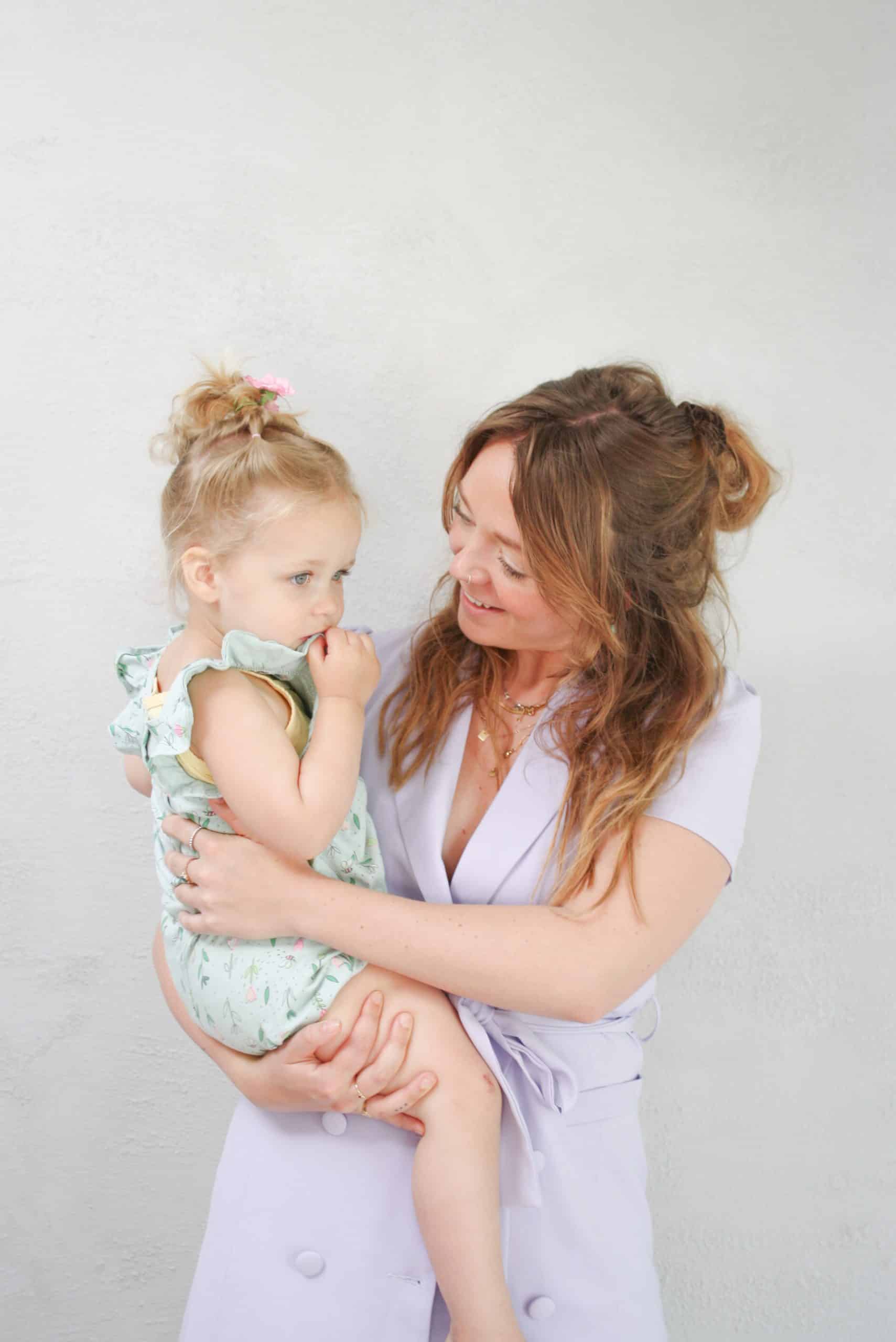

An au pair is a foreign national who comes to live in a new country as part of a cultural exchange program. This is different from a nanny who already lives locally and does not participate in a cultural exchange.
An au pair receives a place to live, food, and a monthly monetary allowance called pocket money in exchange for help with childcare and light household tasks. An au pair gets to experience a different country and different cultures during their au pair experience. Every host country has its own set of rules and regulations for au pairs.
Most nannies are the same nationality as the family because they live in the same country as them and do not have visa sponsorship. While it’s possible to hire a nanny from abroad, it’s important to know there is no official program for this and most countries won’t issue a visa or a work permit for this job.
The au pair program is an international cultural exchange experience. It gives young people, typically between the ages of 18 and 30, the chance to live abroad and experience a new culture. An au pair will spend time abroad, learn about a culture different from their home country, and have the chance to improve their foreign language skills.
In exchange for their duties relating to childcare, au pairs live with their host families, eat with their host families, and are given a pre-determined amount of pocket money.
The duration of the au pair program depends on the country where the au pair works. Usually, an au pair stays between 3 months and 24 months.
Nannies and live-in nannies are not a part of the au pair program.

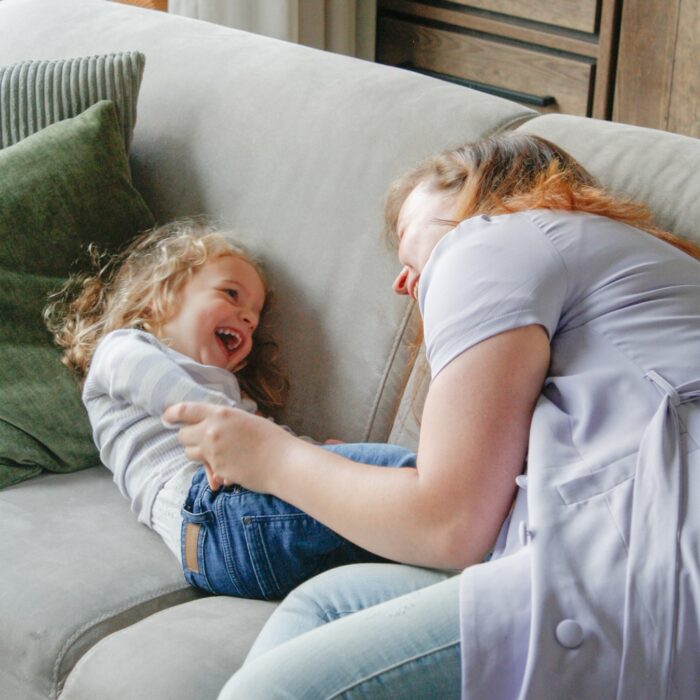
A live-in nanny is different from an au pair. While a live-in nanny and a live in au pair both live in the family’s home, there are different regulations for the two.
A live-in nanny is still required to be paid the hourly minimum wage with overtime pay according to overtime law. A live-in nanny does not work in exchange for room and board. Live-in laws vary by country and state but usually, a live-in nanny will be paid their full hourly rate in addition to having room, board, and utilities covered by the family they work for.
Live-in nannies are usually childcare professionals with lots of experience and often certifications that make them very trustworthy childcare providers. A live-in nanny can be a great option for families with an extra room in their home and who want someone who is located in the area and already integrated into the local culture.
Both an au pair and a nanny’s primary responsibility is as a childcare provider. They watch the children in the family’s home and can drive the children to school and other activities.
In addition to childcare, both au pairs and nannies can help with household chores, preparing meals, and other light domestic tasks. An au pair’s tasks must be strictly related to the children, while the duties performed by a nanny depend on the agreement with their employer.


Au pairs are young adults, typically between the ages of 18 and 30. Each host country has its own age requirements for au pairs.
There are no age restrictions on nannies.
In exchange for childcare and light housework, an au pair is given a place to stay, food to eat, and pocket money from their host family. The amount of pocket money an au pair receives is mandated by the host country and paid by the host family.
An au pair costs families more than just pocket money. A host family will also pay for agency fees, visa applications, and part or all of the au pairs flight from their home country.
A nanny is paid an hourly wage, which should meet at least the legal minimum wage.


The amount of working hours an au pair can work is limited by the host country’s regulations. For example, in the Netherlands, an au pair can work a maximum of 30 hours per week and 8 hours per day. An au pair is also entitled to a certain number of off days per week.
A nanny works the number of hours agreed upon with their employer. A nanny can be hired for consistent hours each week or a varying number of hours each week. The only limitation for a nanny’s working hours is based on the country’s labor laws.
Having flexible and reliable childcare is really important for parents to have a good work-life balance. Many kids go to daycare or an after-school program, depending on their age. There are also many summer care programs for kids during the summer holiday so a parent can continue to work.
While daycare and after-school programs can be a great solution for some families, others want the flexibility of someone who comes to their home. An au pair and a nanny both offer flexible and reliable childcare by being available at the family’s home, and often during hours daycares and after-school programs don’t run.
Children also need consistency for a healthy upbringing. Being watched and cared for in their own home and by a familiar face, such as a nanny or au pair, provides important consistency in a child’s life.
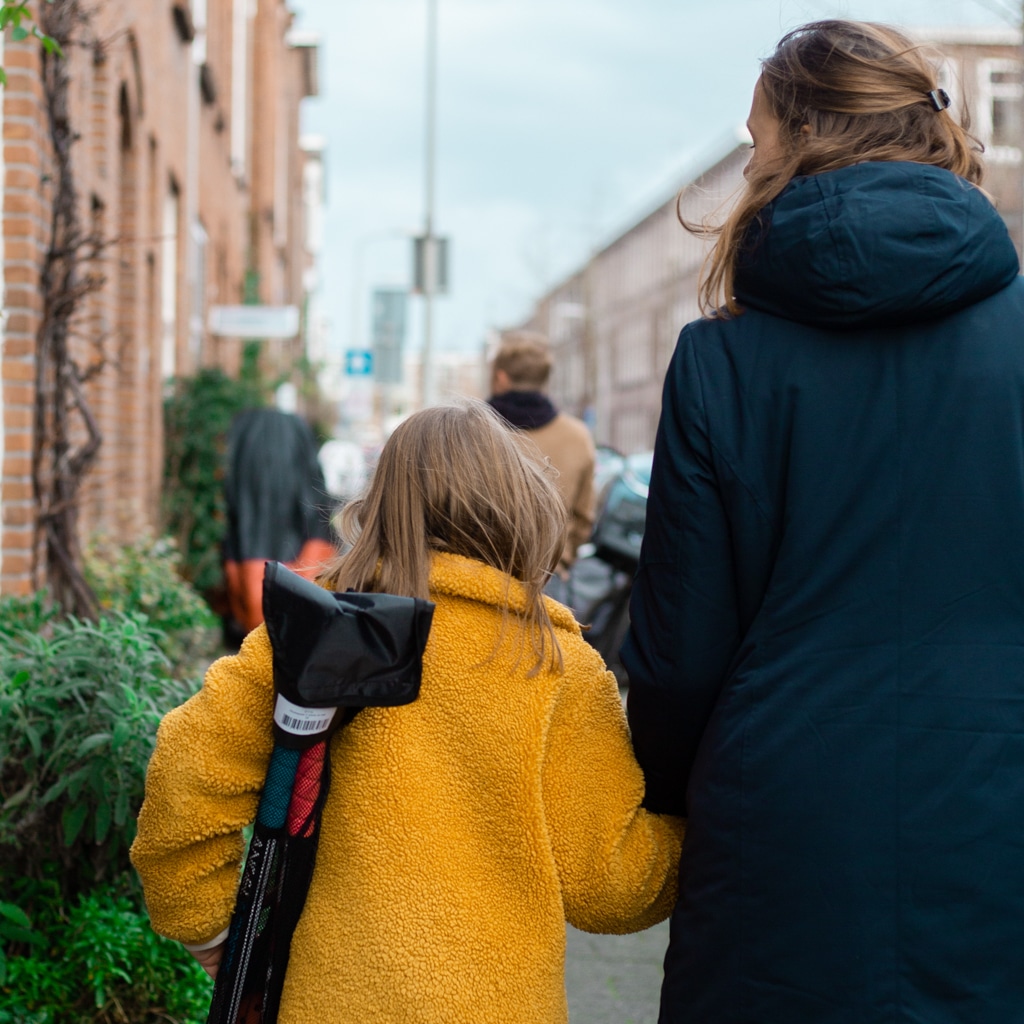

An au pair can stay anywhere between 3 and 24 months. The length of stay is dependent on the country’s regulations and the au pair’s visa.
A nanny does not have a limit to the duration they can stay with one family. Nannies can work for a family just for a one-time event or on a more permanent basis depending on the agreement.
In most situations, an au pair needs a visa. Many countries offer an au pair visa.
When a nanny is living locally already, they do not need a visa. If a nanny is coming from abroad, it’s important to know there is not an official program or visa for this job and a nanny cannot come on an au pair visa.
The visa process for an au pair requires information and documents from both the au pair and the host family. The visa requirements vary depending on the au pair’s nationality and the requirements of the host country.
An au pair will usually need to submit documents including their birth certificate, a background check, a valid passport, an invitation from the host family, and an au pair contract signed by both the au pair and the host parents. An au pair agency can help the au pairs and host families obtain a visa.
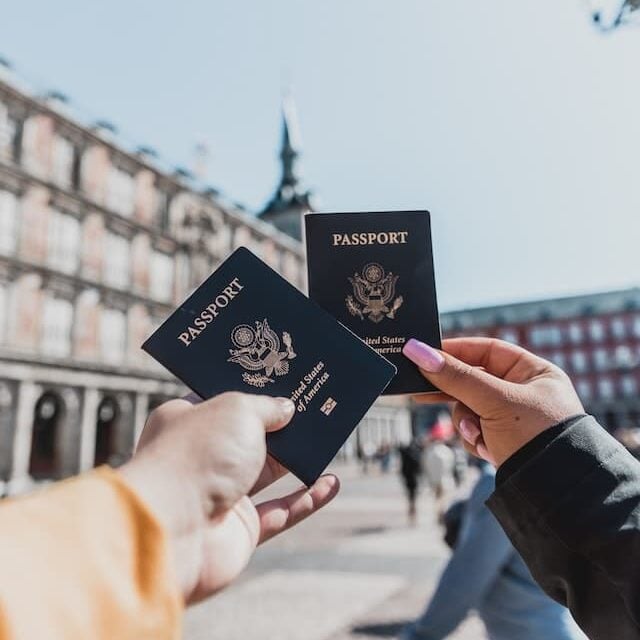

Because au pairs are part of a cultural exchange program, the host family must provide an opportunity for them to take a language course. Learning the local language is a great way for an au pair to settle into their new home and make friends. Learning a language is also a great life skill for a young adult seeking a cultural exchange.
A nanny does not need to attend a language course.
Because both a nanny and an au pair work closely with children, parents want to find a childcare provider that fits the needs and the personality of their family and kids. Families should conduct interviews to find a person that is a good fit before hiring them. Parents will often check references to make sure the nanny or au pair has the experience they say they do.
Hiring a nanny is easier than hiring an au pair. A nanny can usually start immediately because they already live in the same country as the family. They do not need to wait for a visa to be approved, for flights to be scheduled, etc.
An au pair will go through a series of interviews to find a host family match. This process is often conducted with the help of an au pair agency.
After they’ve matched with a family, they will need to work together with the host family and an au pair agency to get their documents checked and submitted to the host country’s immigration department.
After all the necessary documents have been submitted, the host family and au pair still need to wait for approval before booking flights and bringing their au pair to the host family’s country.
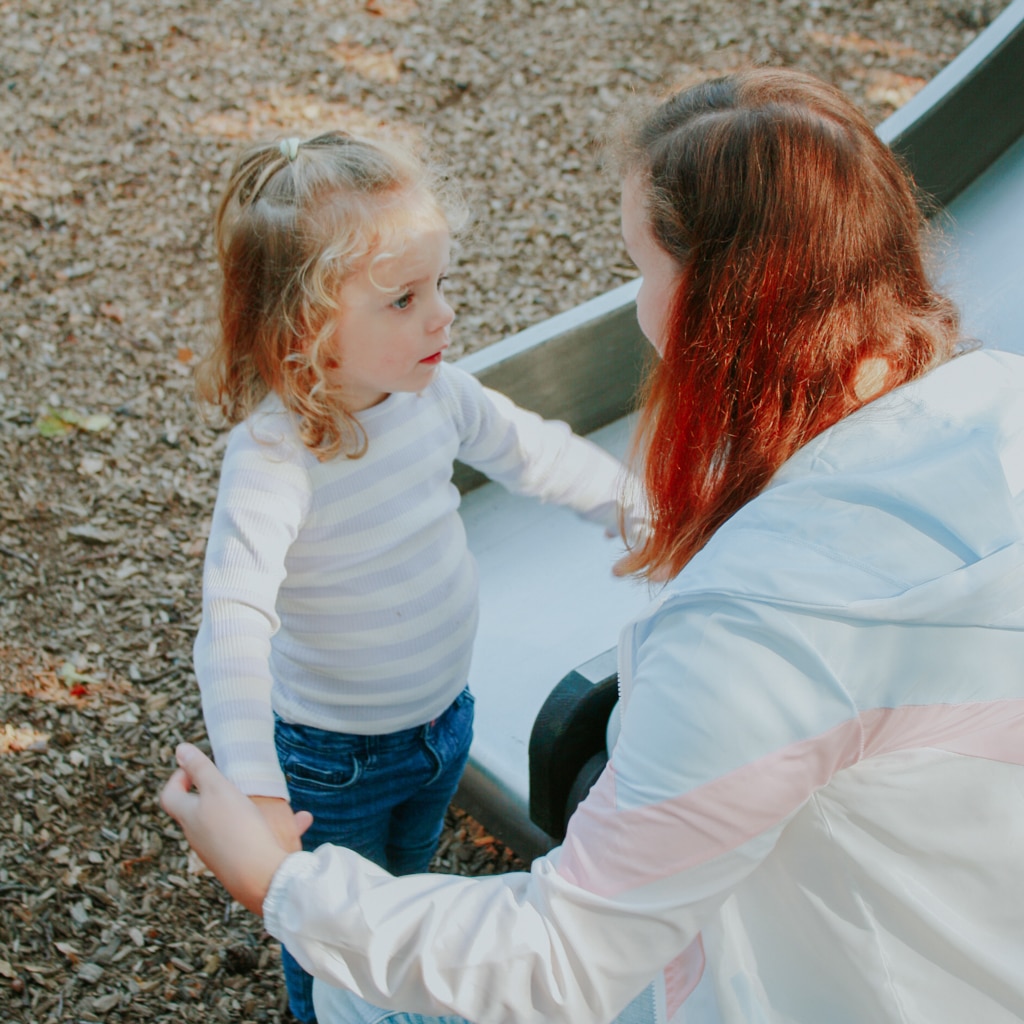

Both nannies and au pairs have the chance to form a long-lasting relationship with the children they take care of and the family they work for. An au pair is often seen as a temporary family member since an au pair lives with the host family in their house.
So, now you know the difference between a nanny and an au pair! Did you decide which one is the best fit for your situation, an au pair vs a nanny? Here at Nina.care we provide screened candidates for both au pairs and nannies! We’re here to help you find the perfect match for your family as well as help with the hiring process. Book a nanny or book an au pair today!